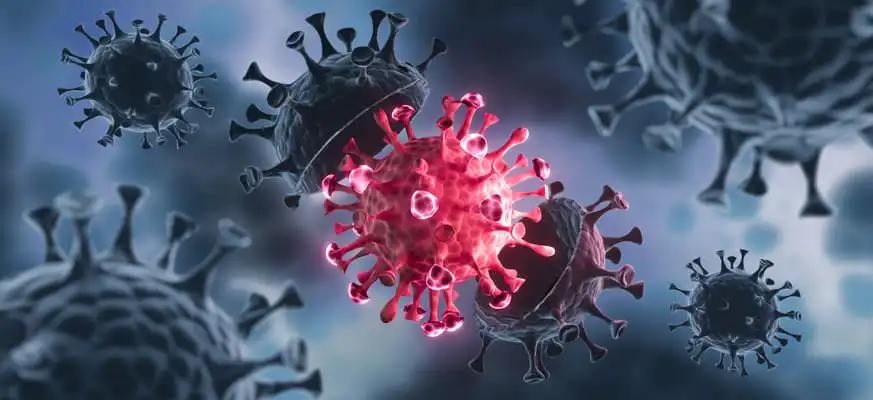KEY TAKEAWAYS
- The study aimed to examine how IFITM1 inhibition affects tamoxifen sensitivity in ER-positive BC cells based on p53 status.
- Researchers noticed that IFITM1 inhibition enhances tamoxifen sensitivity through p53-dependent IFN signaling in ER-positive BC cells.
The study focuses on the role of interferon-induced trans-membrane protein 1 (IFITM1) in the progression of breast cancer (BC), particularly in estrogen receptor (ER)-positive BC cells. IFITM1 has been implicated in cancer development, but its specific impact on BC cells with different p53 statuses remains unclear.
DER Sheng Sun and the team aimed to assess the role of IFITM1 inhibition in modulating tamoxifen sensitivity in ER-positive BC cells, focusing on the p53-dependent enhancement of IFN signaling.
They performed an inclusive analysis using ER-positive BC cell lines, specifically MCF-7 with wild-type p53 and T47D with mutant p53. Additionally, they developed a tamoxifen-resistant cell line, TamR, derived from MCF-7 through long-term culture with 4-hydroxytamoxifen.
Patients’ tumor characteristics and cell behavior under IFITM1 inhibition were carefully assessed to determine the impact on tamoxifen sensitivity, particularly focusing on the role of p53 status in modulating treatment response.
About the results, IFITM1 inhibition in MCF-7 cells significantly decreased cell growth and migration. MCF-7 cells with suppression of IFITM1 using siRNA or ruxolitinib demonstrated reduced cell viability after tamoxifen treatment compared to the control MCF-7 cells. Surprisingly, mRNA and protein levels of IFITM1 were lower in TamR cells than in MCF-7 cells.
TamR cells with IFITM1 suppression via siRNA or ruxolitinib exhibited no change in cell viability after tamoxifen treatment. P53 knockdown using siRNA in MCF-7 cells resulted in reduced mRNA levels of IRF9 and increased mRNA and protein levels of SOCS3, suggesting that loss or mutation of p53 can influence IFITM1 induction through the JAK/STAT signaling pathway in BC.
Additionally, MCF-7 cells with p53 knockdown showed no decrease in cell viability following tamoxifen treatment or IFITM1 inhibition, indicating that p53 status may be crucial for cell death after tamoxifen treatment or IFITM1 inhibition.
The study concluded that IFITM1 inhibition may enhance tamoxifen sensitivity in ER-positive BC cells through a p53-dependent enhancement of interferon signaling. This finding suggests that the presence of wild-type p53 is critical in mediating the anti-proliferative effects of IFITM1 inhibition, highlighting the potential for targeted therapies that leverage p53 status to improve treatment outcomes in tamoxifen-resistant BC.
This study was funded by the National Research Foundation of Korea (NRF), the Korean Government (Ministry of Science and ICT) (No. 2021R1C1C101045, H.S.W), and by The Catholic University of Korea, Uijeongbu St. Mary’s Hospital Clinical Research Laboratory Foundation made in the program year of 2023 (H.S.W).
Source: https://pubmed.ncbi.nlm.nih.gov/39191497/
Sun S, Yoon JS, Kim YS, et al. (2024). “P53 Status Influences the Anti-proliferative Effect Induced by IFITM1 Inhibition in Estrogen Receptor-positive Breast Cancer Cells.” Cancer Genomics Proteomics. 2024;21(5):511-522. doi:10.21873/cgp.20468



